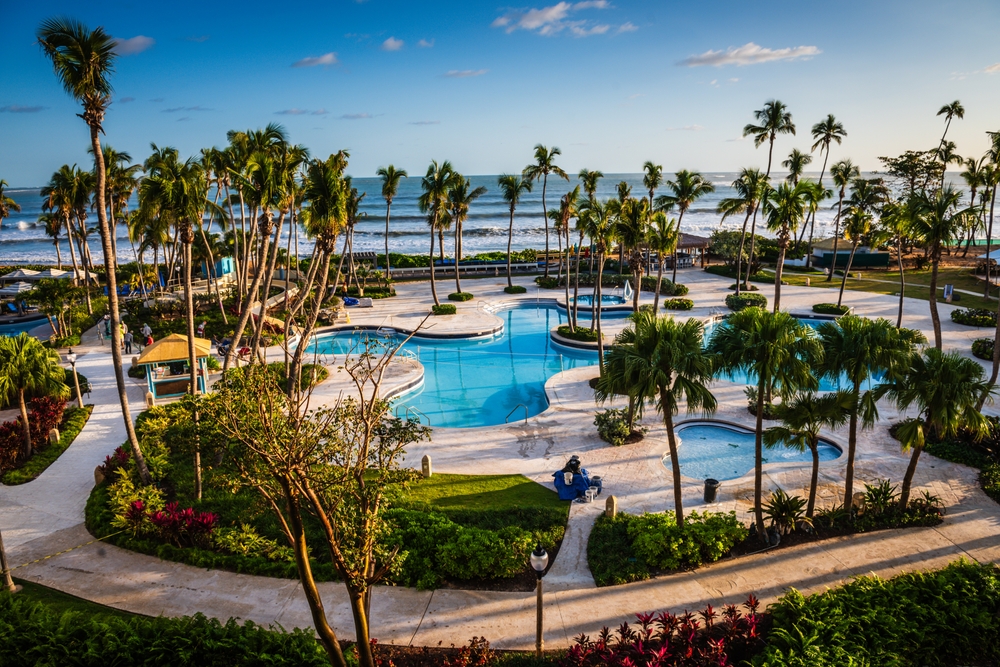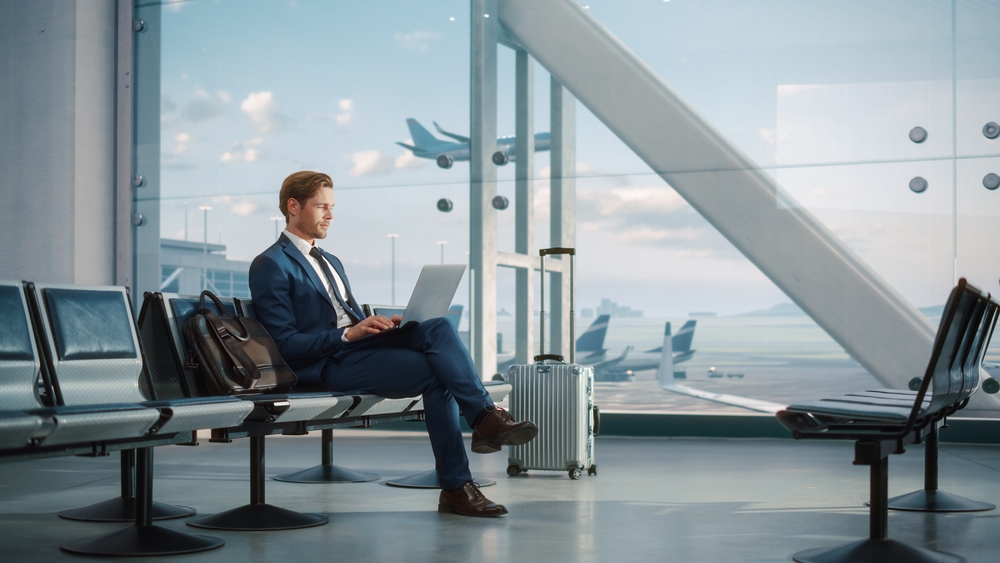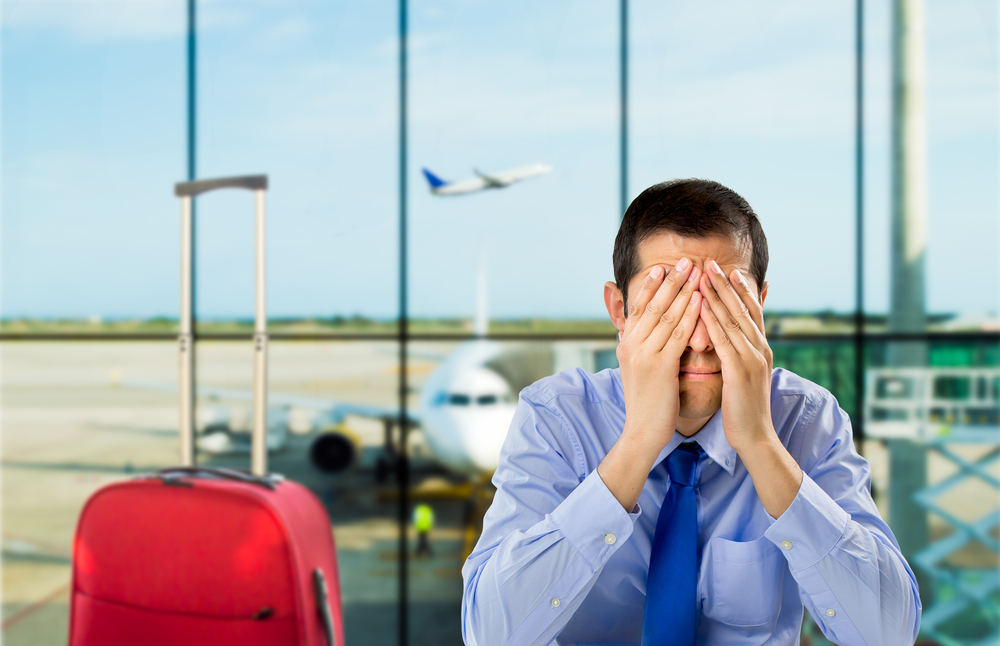Why Is Egypt So Dangerous?
Why Is Egypt So Dangerous?
Egypt, with its rich history and stunning landscapes, attracts millions of tourists every year. Despite its allure, there are several factors making it a potentially dangerous destination.
Political Instability
Egypt has experienced significant political upheaval over the past decade. The Arab Spring of 2011 led to the ousting of President Hosni Mubarak. Subsequent years brought a military coup, changes in leadership, and societal unrest. These events have resulted in ongoing political instability. As a result, tensions remain high, with frequent protests and occasional violent clashes.
The government’s response to dissent can be harsh. Security forces often deal with demonstrators using armored vehicles, tear gas, and live ammunition. Such actions create an unpredictable environment, especially dangerous for those unfamiliar with the local political landscape.
Terrorism
Terrorism presents another major threat. Militant groups, including ISIS, have carried out attacks in various regions. The Sinai Peninsula is particularly affected. In recent years, attacks have extended to urban areas, such as Cairo and Alexandria. Tourist sites, transportation hubs, and religious institutions are prime targets, increasing the risk for travelers.
- October 2015: ISIS claimed responsibility for the downing of a Russian passenger plane in Sinai, killing all 224 aboard.
- April 2017: Two churches were bombed on Palm Sunday, resulting in 45 deaths and many more injured.
- November 2017: The attack on a mosque in Sinai led to more than 300 fatalities.
These examples highlight the ongoing threat of terrorism and the significant casualties that can result from such attacks.
Crime Rates
While Egypt is not inherently more dangerous crime-wise compared to other nations, certain conditions do contribute to elevated risks. Economic challenges, high unemployment, and large income disparities foster an environment where crime can thrive. Petty crimes like pickpocketing and bag snatching are common, especially in crowded areas frequented by tourists.
Violent crimes, such as armed robberies and assaults, are less common but do occur. Vigilance, especially in metropolitan areas and tourist hotspots, is essential for safety. Travelers should be aware of their surroundings and avoid displaying valuable items in public.
Sexual Harassment
Sexual harassment is a significant concern. Women, both local and foreign, frequently report experiencing verbal and physical harassment in public places. Cultural factors and social norms contribute to this pervasive issue. Efforts are ongoing to address the problem, but progress remains slow. Women travelers should take precautions, such as traveling in groups and dressing conservatively, to minimize risks.
Health and Sanitation
Health-related dangers also exist, primarily due to sanitation standards. Water contamination is a notable problem. Travelers are advised to avoid drinking tap water and consuming ice. Additionally, food hygiene can vary widely. Gastrointestinal illnesses, such as traveler’s diarrhea, are common. Practicing good hygiene and being cautious with street food can help reduce the likelihood of illness.
Healthcare facilities in urban centers are generally adequate. However, in rural areas, access to quality medical care can be limited. Travelers with pre-existing conditions should plan accordingly and consider travel insurance.
Traffic and Transportation
Egypt’s roads are among the most dangerous globally. Traffic laws are often poorly enforced, leading to chaotic driving conditions. Road accidents are common, and the fatality rate is high. The use of seatbelts and avoiding unnecessary travel during peak traffic times can help mitigate some risks.
Public transportation also poses challenges. Buses and minibuses are frequently overcrowded and poorly maintained. While taxis are a viable alternative, selecting reputable companies is crucial. Ride-sharing apps like Uber offer an additional layer of safety and convenience.
Environmental Hazards
Natural environments present their own set of dangers. Egypt’s desert landscapes are breathtaking but harsh. Extreme temperatures and sandstorms are hazards for those unprepared. Hiking or traveling in these regions without adequate supplies and knowledge is risky. Travelers should seek guidance from local experts and ensure they carry sufficient water and protection against the elements.
The Nile and Red Sea offer incredible water activities but come with inherent risks. Strong currents, jellyfish, and the occasional presence of sharks necessitate caution. Adhering to safety guidelines and avoiding dangerous areas can prevent accidents.
Cultural Sensitivities
Cultural factors can also impact safety. Understanding and respecting local customs is crucial. Religious beliefs, social norms, and traditional practices might differ from those in Western countries. Misinterpretations or disrespect can lead to conflicts or even legal issues. Learning a few basic phrases in Arabic and understanding key cultural dos and don’ts can enhance the safety and enjoyment of a visit.
Conclusion
In summary, Egypt presents a myriad of risks for both residents and visitors. Political instability, terrorism, crime, health concerns, challenging traffic conditions, environmental hazards, and cultural sensitivities all contribute to a complex safety landscape. Being well-informed and taking proactive measures can significantly mitigate these risks and ensure a safer experience while exploring this fascinating country.





